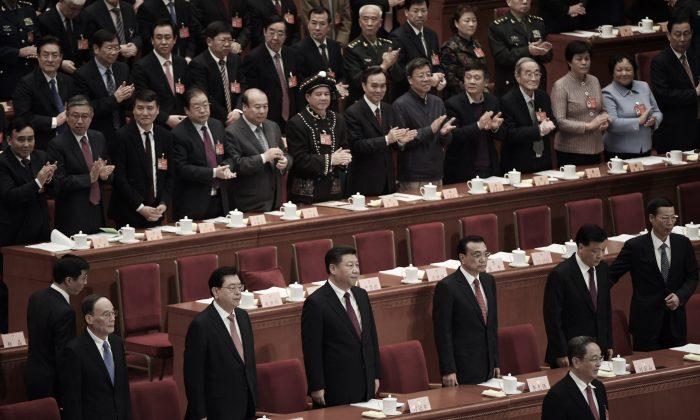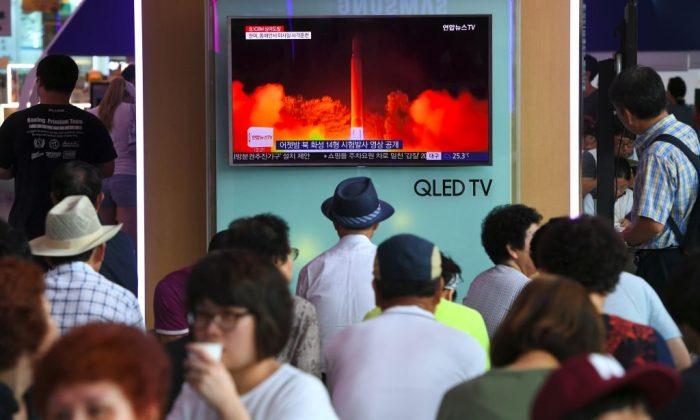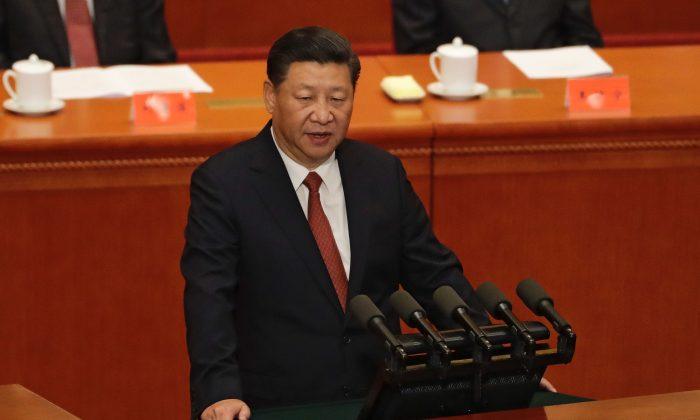The Brazil World Cup 2014 is in the quarter final stage, but how do the rules differ from previous stages?
Fans must be puzzled upon seeing players get suspended for a match after picking up single yellow cards in two different matches. This is a special FIFA ruling applicable only to World Cup matches from the group stage up till the end of the quarter finals.
After the quarter finals are over, each players’ disciplinary slate will be wiped clean, i.e. single yellow cards in the semi finals will not carry over to the third and fourth placing match, and the championship match.
Extra time stays the same, with both teams having to see out full 15 minute halves, with the possibility of additional time at the end of each half. “Golden” and “silver” goal rulings do not apply at World Cup 2014.
Teams head into penalties if the score is still tied after extra time. If the sides are still level after the first five kicks, a sudden-death ruling will kick in.
See an AP story on the possibility of fourth substitutes below.
FIFA to Consider Allowing 4th Sub in Extra Time
RIO DE JANEIRO (AP) — Substitutes have made a big impact at the World Cup, and there could be more of them in four years’ time.
FIFA’s coaching advisers will propose before the 2018 World Cup kicks off that teams can use a fourth substitute in extra time.
“I think that’s an idea that we will put” to football’s rules-making panel, Gerard Houllier, a member of the FIFA technical study group, said at a briefing on Wednesday.
Up to three replacements are currently allowed, even when knockout matches go to 30 extra minutes after scores are level in regulation time.
Houllier said changing the rules could see fewer players struggle with muscle problems in high-intensity matches.
“It’s a good idea. Only in extra time. Maybe if someone is injured, why not?” the former France coach said.
So far, substitutes have scored 29 goals after coming off the bench in Brazil, already a World Cup record with eight matches left to play. The previous mark was 23 at the 2006 tournament in Germany, FIFA said.
“Substitutes play such an important part because they come with a freshness and attitude,” Houllier said. “Nearly a quarter of (all) the goals have been scored in the final 15 minutes of the game.”
Those goals by subs have often been game-changing, rather than additional scores in blowout victories.
Klaas-Jan Huntelaar came on late when the Netherlands were losing 1-0 to Mexico in the round of 16 on Sunday. Huntelaar teed up Wesley Sneijders for an 88th-minute leveler and then scored the decisive stoppage-time penalty.
On Monday, Belgium could not beat inspired United States goalkeeper Tim Howard until substitute Romelu Lukaku was sent on in extra time, and quickly set up Kevin De Bruyne for the equalizing goal, then scored the second in a 2-1 win.
The Americans also got a decisive late goal in its opening group match from defensive replacement John Brooks.
FIFA has asked Houllier’s group to propose ideas to football’s rules panel, which is known as IFAB.
The panel was denied the chance to approve a fourth sub at its annual meeting in March 2012, when FIFA withdrew the proposal.
Houllier suggested it should now be revisited.
“At this World Cup everything is going so quick, so fast, the tempo has been so high,” he said. “As a technician we would like to have in extra time the possibility to have another substitution.”




Friends Read Free